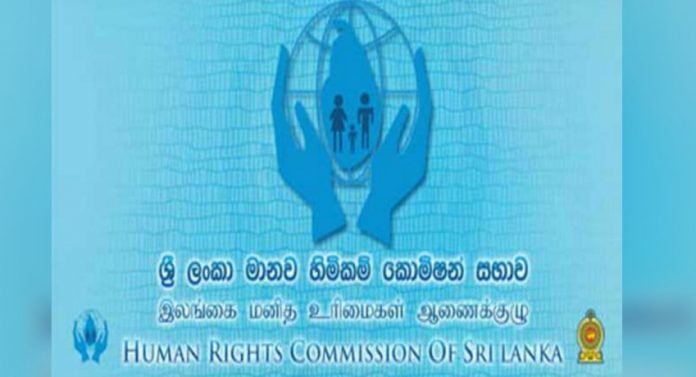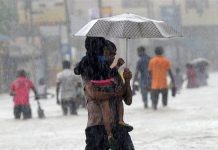The Human Rights Commission of Sri Lanka (HRCSL) has written to President Gotabaya Rajapaksa calling for his attention on the necessity to take urgent action to prevent the possible spread of the Covid-19 virus within the prison system in Sri Lanka.
HRCSL points out that protecting the rights of those deprived of liberty is a subject that is of great importance in discharging the mandate of the Commission under its parent statute, Act 21 of 1996.
HRCSL said: “As prisons are the most densely populated spaces in the country, the possibility of the virus spreading is very high putting at risk the health of prisoners and officials, and indeed, eventually the larger community. Prisoners are rendered much more vulnerable than fellow citizens due to deprivation of liberty.
The WHO has issued special guidelines on preparedness, prevention and control of Covid-19 virus in prisons and other places of detention (dated 15 March 2020) which are very instructive in this regard.”
HRCSL has also written to the Chief Justice requesting that hearings of bail applications be given priority and be expedited.
The Commission also requested the Chief Justice to accompany judicial orders for remanding suspects with an order for medical screening of them by public health authorities before incarceration in order to prevent the possible spread of the virus.
Further, the HRCSL has written to the Attorney-General and the Acting IGP recommending that the granting of bail not be objected to except in the most extreme of situations.
Writing to the Commissioner-General of Prisons, the Commission recommended action in consultation with relevant authorities for the release of remand prisoners who are still in detention due to the inability to post bail.
It also recommended releasing, under the licensing system (permitted under the Prevention of Crimes Ordinance, No. 2 of 1926), those prisoners convicted of minor offenses, those who are seriously/terminally ill or those who are over 70 years of age.
HRCSL points out that: “The WHO guidelines recommend that non-custodial measures be used at all stages of the criminal justice process (including pretrial, trial, sentencing and even post-sentencing stages) at present in view of the epidemic.
They recommend special consideration be given to those prisoners with low-risk profiles and caring responsibilities (e.g., pregnant women and those with young children).”
HRCSL commended the action already taken by President Rajapaksa to find ways and means of providing legal assistance to those convicted of minor offenses and remand prisoners who are unable to fulfill bail conditions.
However, in view of the contingencies of the epidemic, the Commission said it urges the President to take a further step by granting a general amnesty as permitted under Article 34 of the Constitution of Sri Lanka to prisoners who are:
-Minor offenders
-Those with caring responsibilities
-Seriously or terminally ill
-Over 70 years of age
-Disabled
The Commission recognizes that the release of the above categories of prisoners will not jeopardize the goals of the correctional system.
















